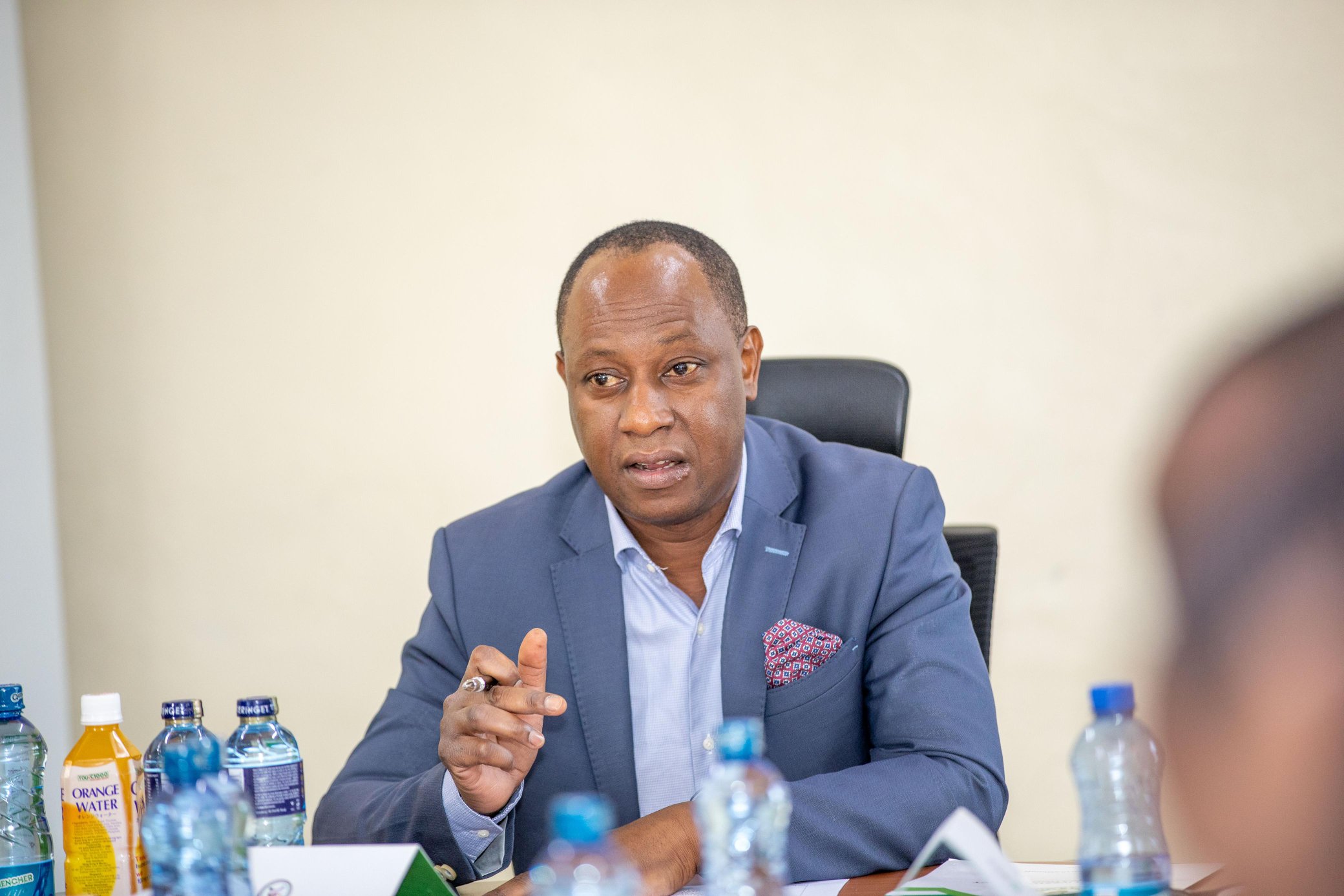
Mueke roorts for multi-sectoral partnerships to address hurdles in livestock sector » Capital News
NAIROBI, Kenya, Jan 16 — Livestock Development Principal Secretary Jonathan Mueke has called for multi-sectoral partnerships to address challenges hindering development in the pastoral livestock sector.
He identified trade barriers, inadequate infrastructure, and limited market access as key issues troubling the vital subsector, which serves as a livelihood for millions of people.
Mueke emphasized the need to establish mechanisms to resolve these barriers and enhance the subsector’s contributions to economic growth, food security, and cultural sustainability.
“Collaboration among government agencies, industry stakeholders, and development partners is critical to addressing these challenges within the pastoral livestock development and marketing subsector,” he said.
Speaking during the opening of a pan-African pastoral livestock stakeholders’ inception workshop in Nairobi, the PS noted that these challenges have stifled growth and limited the sector’s economic potential.
Highlighting the sector’s underperformance in meat production, Mueke pointed out that Kenya has the capacity to produce enough meat for local consumption and export surplus abroad.
“According to 2021 estimates, Kenya has a substantial livestock population of 16.1 million beef cattle, 24.8 million sheep, 32.5 million goats, and 4.4 million camels, producing a combined 500,000 metric tons of red meat in that year. This output is significantly low compared to the available resource base,” he stated.
Mueke also noted that, despite efforts like the Malabo Declaration of 2014 and other initiatives, challenges in market integration, policy frameworks, and information sharing persist.
In response to these challenges, the African Union Inter-African Bureau for Animal Resources (AU-IBAR), in partnership with the Bill & Melinda Gates Foundation, has developed the African Pastoral Markets Development (APMD) Platform. This platform aims to leverage data-driven solutions to address these issues.
Pastoral market ecosystems
The Stakeholder Inception Workshop brought together key players in the livestock value chain, including representatives from countries such as Kenya and Nigeria, African Union bodies, regional economic communities like COMESA, IGAD, ECCAS, and ECOWAS, as well as development partners and research institutions.
The platform, set for launch in Nairobi on Friday, will focus on the Horn of Africa and Sahel regions. It aims to transform pastoral market ecosystems, improve livelihoods, and enhance the resilience of pastoral communities through sustainable and innovative solutions.
A camel pastoralist and community leader from the Gabra indigenous group in Marsabit County, Tumal Orto, shared that communities in North Eastern Kenya face challenges such as inadequate market access, the effects of climate change, and limited resources.
He expressed hope that the APMD Platform would provide data-driven solutions to boost livestock productivity, strengthen resilience, and improve market linkages.
Several speakers at the event underscored the urgency of finding innovative and adaptive solutions.
Dr. Huyam Salih, Director of AU-IBAR, remarked that existing pastoral frameworks and adaptation plans often fail to address the specific needs of pastoral communities.